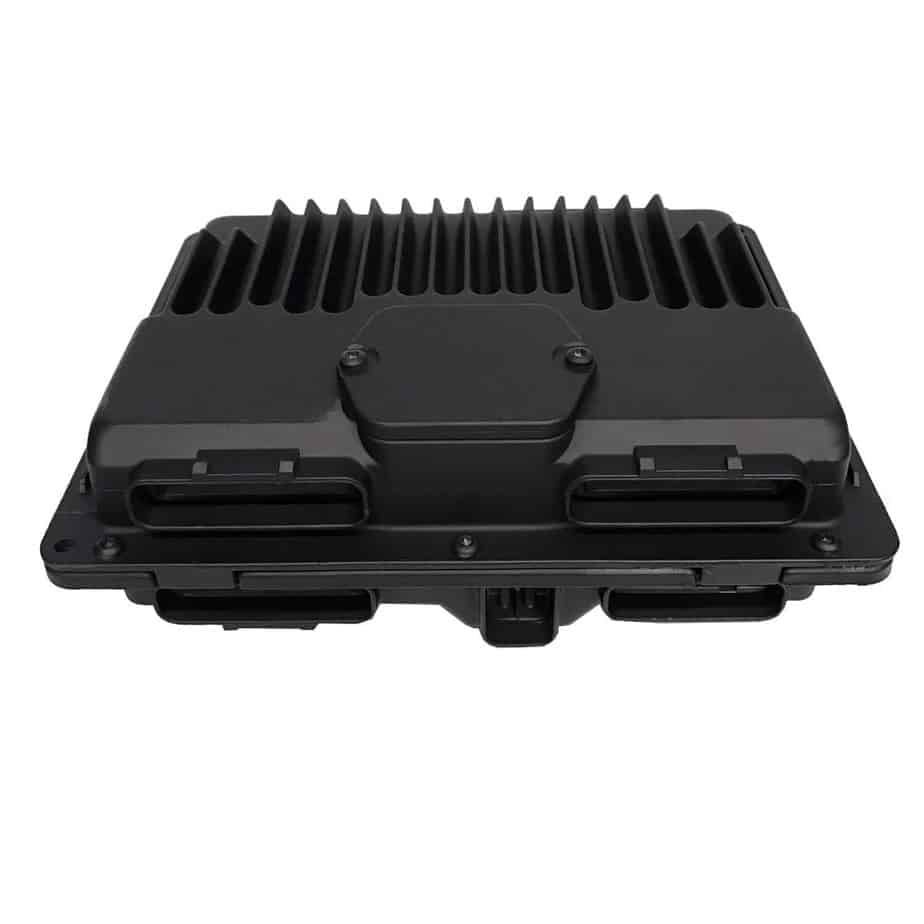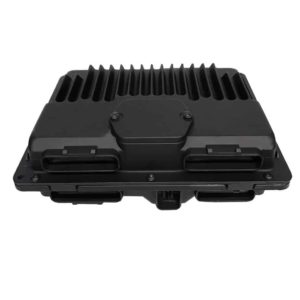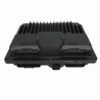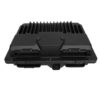Is Your 1998 GMC Envoy or GM Truck Throwing a Fit?
If you’re driving a classic late-90s GM truck or SUV like the 1998 GMC Envoy, you know it’s built to last. But when strange, hard-to-diagnose problems start appearing, it can be incredibly frustrating. Maybe it’s a transmission that slams into gear, an engine that cranks but won’t start, or a check engine light that has become a permanent dashboard decoration. After 20+ years in the shop, I can tell you that more often than not, the root cause isn’t a dozen different bad sensors—it’s the vehicle’s brain, the Powertrain Control Module (PCM), starting to fail.
The Brain Behind the Brawn: Understanding PCM Failure
The PCM in your Envoy is the master computer. It controls everything from fuel injection and spark timing to transmission shift points and emissions equipment. It’s constantly processing data from sensors all over the vehicle. After decades of heat cycles, engine vibrations, and electrical stress, the delicate internal circuits and solder joints on the main board can degrade. This leads to the unpredictable, ghost-in-the-machine issues that many owners of these otherwise reliable vehicles face.
Expert Pro Tip: Check Your Grounds First!
Before you condemn your PCM, do yourself a favor and check the main engine-to-chassis and battery ground straps. On these GM trucks, I’ve seen corroded or loose grounds cause voltage issues that mimic a bad PCM. A five-minute check with a wrench can save you a lot of headache and money. A clean, tight ground connection is critical for any computer to function correctly.
Common Symptoms of a Failing 1998 Envoy PCM
If you’ve checked your grounds and are still experiencing issues, a failing PCM is the likely culprit. Here are the most common symptoms I’ve diagnosed in my shop that point directly to this module:
- ✔ Harsh or Erratic Shifting: The transmission may bang into gear, hesitate between shifts, or feel like it’s slipping. This is often caused by the PCM failing to properly control the transmission solenoids.
- ✔ Engine Stalling or No-Start: The engine may stall intermittently for no reason or crank over but refuse to fire up. This can be due to the PCM not commanding fuel or spark.
- ✔ Check Engine Light with Communication Codes: You might see codes like U0100 (Lost Communication with ECM/PCM) or a host of other seemingly unrelated sensor codes that keep coming back even after replacing the sensors.
- ✔ Poor Fuel Economy and Performance: A struggling PCM can’t optimize the engine’s performance, leading to a noticeable drop in power and an increase in fuel consumption.
- ✔ Erratic Gauge Behavior: The speedometer, tachometer, or other gauges may behave erratically or stop working altogether.
The Direct-Fit, Programmed Solution
This isn’t just a part in a box; it’s a complete solution. This Powertrain Control Module, compatible with part numbers 09355699, 16250279, and 09366810, is the definitive fix for these issues. The most critical part of the process is the programming, and we handle that for you. When you order, you simply provide us with your vehicle’s 17-digit VIN. We then flash the module with the latest, most stable software updates directly from GM for your specific vehicle configuration. This ensures that when the part arrives, it’s ready for a straightforward installation.
No expensive trips to the dealership for programming. No special tools required for the flashing process. This is the most efficient way to get your truck back on the road and running the way it was designed to.
Installation & Final Steps
Replacing the PCM on most of these GM models, including the 1998 Envoy, is typically a simple process. The module is usually located in the engine bay (on the RH front for the Envoy). Disconnect the battery, carefully unplug the electrical connectors from the old module, unbolt it, and install the new one in its place. After reconnecting everything, you may need to perform a security relearn procedure (often as simple as turning the key on for 10-15 minutes) and a Crankshaft Position Sensor (CASE) relearn, which may require a capable bi-directional scan tool. This ensures the PCM is perfectly synchronized with your engine for optimal timing and misfire detection.



